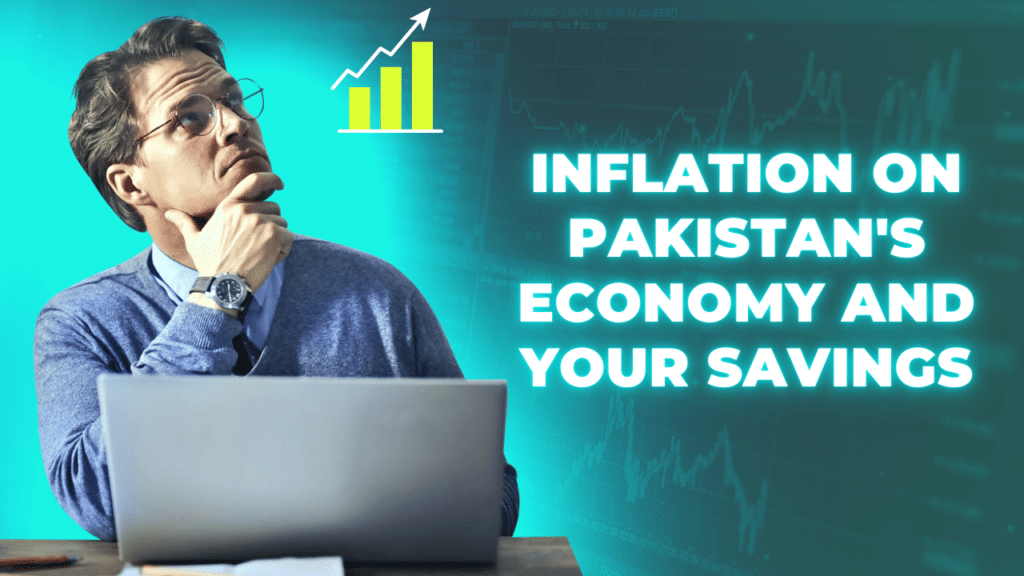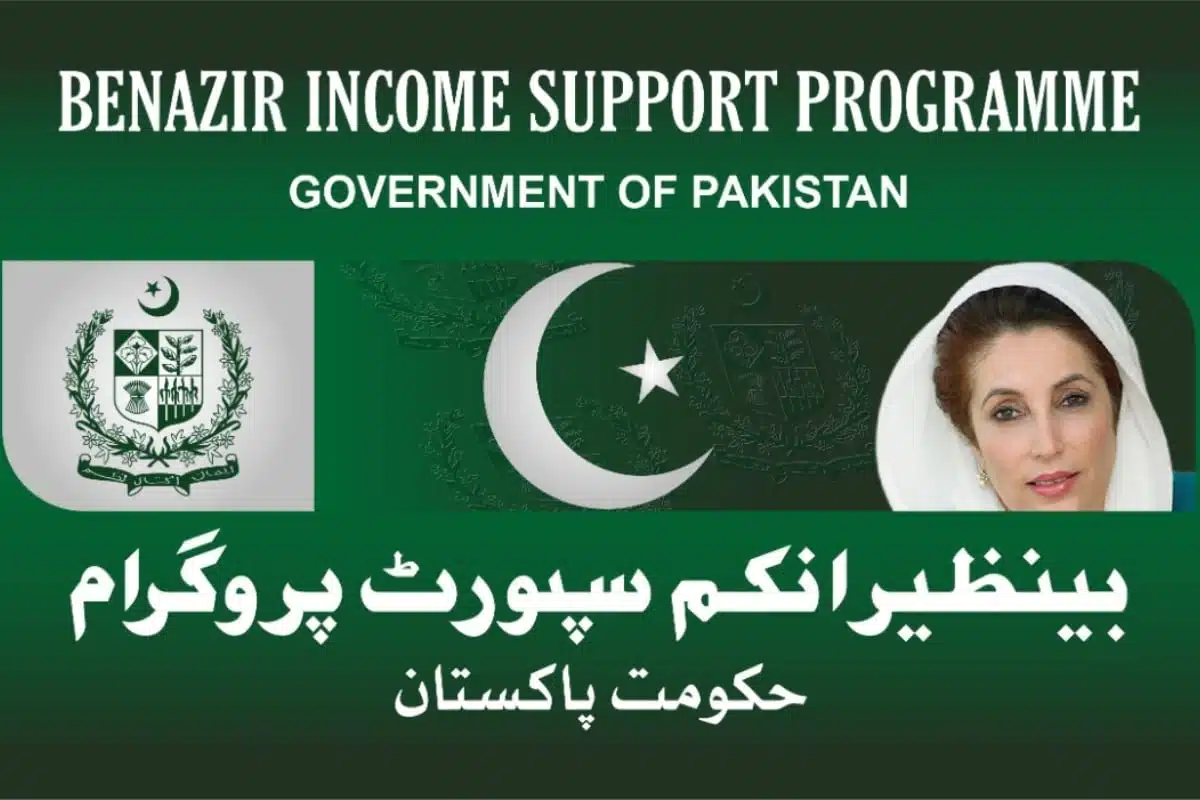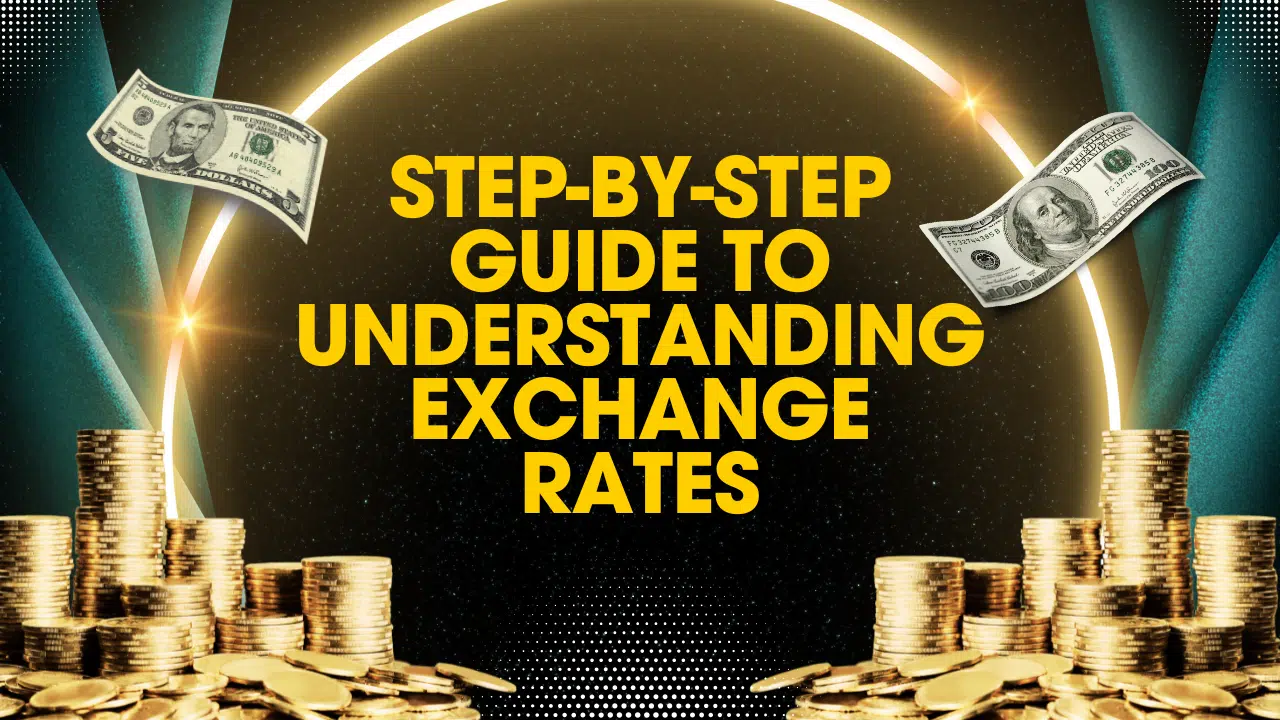Understanding Inflation and How to Protect Your Assets
Introduction
Inflation is a silent yet powerful economic force that affects every individual, business, and government. In Pakistan, rising inflation has become a pressing concern, influencing the cost of living, investments, and overall economic stability. This article explains what inflation is, how it impacts Pakistan’s economy, and, most importantly, how you can safeguard your savings during these challenging times.
What is Inflation?
Inflation refers to the general increase in prices of goods and services over time, leading to a decrease in the purchasing power of money. For example, if inflation is at 10%, something that costs PKR 1,000 today will cost PKR 1,100 next year.
Inflation is typically measured by the Consumer Price Index (CPI), which tracks changes in the prices of a basket of essential items such as food, fuel, and utilities.
Causes of Inflation in Pakistan
- Rising Fuel Prices:
- Dependence on imported oil makes Pakistan vulnerable to global price fluctuations.
- Currency Depreciation:
- A weaker Pakistani Rupee increases the cost of imports, contributing to inflation.
- Supply Chain Disruptions:
- Issues such as floods, global pandemics, or political instability can disrupt supply chains and drive up prices.
- Excessive Money Supply:
- Printing more money to fund government expenditures can lead to higher inflation.
How Inflation Impacts Pakistan’s Economy
- Increased Cost of Living:
- Essential items such as food, fuel, and healthcare become more expensive, reducing the quality of life for ordinary citizens.
- Erosion of Savings:
- Inflation devalues money over time, meaning the same amount of savings buys less in the future.
- Higher Interest Rates:
- To combat inflation, the State Bank of Pakistan (SBP) may raise interest rates, increasing borrowing costs for businesses and individuals.
- Reduced Investments:
- High inflation creates uncertainty, discouraging long-term investments in the economy.
- Widening Inequality:
- Fixed-income earners and low-income households bear the brunt of inflation, while asset holders may see gains.
How Inflation Impacts Your Savings
- Loss of Purchasing Power:
- Money sitting idle in a bank account loses value over time due to rising prices.
- Fixed Returns Lose Value:
- Investments in fixed-income instruments like savings accounts or bonds may not keep up with inflation, leading to real losses.
- Rising Expenses:
- Household budgets stretch thin as the cost of essentials like food and fuel increases.
How to Protect Your Savings from Inflation
- Invest in Inflation-Resistant Assets:
- Real Estate: Property values often rise with inflation, making it a good hedge.
- Gold: Historically, gold has retained its value during inflationary periods.
- Stocks: Companies that can pass on increased costs to consumers tend to perform well during inflation.
- Diversify Your Portfolio:
- Spread your investments across different asset classes to minimize risk.
- Consider Inflation-Indexed Bonds:
- These bonds adjust returns based on inflation, protecting your purchasing power.
- Invest in Commodities:
- Commodities like oil, wheat, and metals often appreciate in value when inflation rises.
- Stay Ahead of Inflation with Higher Returns:
- Explore high-yield savings accounts, mutual funds, or other instruments offering returns above the inflation rate.
What Can the Government Do to Control Inflation?
- Monetary Policy:
- The SBP can adjust interest rates to stabilize inflation.
- Fiscal Discipline:
- Reducing unnecessary government spending helps curb money supply growth.
- Promote Local Production:
- Encouraging domestic industries can reduce reliance on expensive imports.
- Strengthen the Currency:
- Policies to stabilize the PKR can help mitigate imported inflation.
Conclusion
Inflation is an unavoidable reality, but understanding its impact on Pakistan’s economy and your savings can empower you to make informed decisions. By diversifying investments, focusing on inflation-resistant assets, and staying proactive, you can protect your wealth and maintain financial stability in the face of rising prices. Remember, the key to surviving inflation is to stay informed and take timely action.







